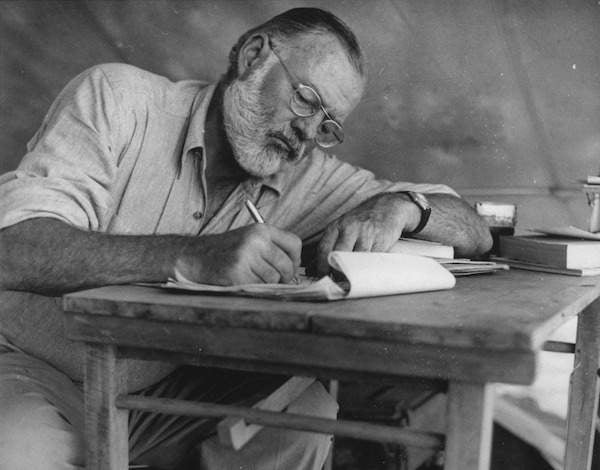
Readers and experts share their views on mental health, Arabian culture and art’s role in ESG
SIR – Your diary piece (Jim Mellon, Spear’s 76) is very interesting. It’s so good that you are dedicating efforts to finding means for longevity. However, what is paramount for a long, healthy life is one’s mental health.
Three components need to be taken care of: the physical body, the mind (emotions, likes and dislikes, impulses – like a child in us) and the intellect (the adult in us). The intellect is our ability to reason, weigh pros and cons, think clearly. We need healthy food and regular exercise for the body, and positive emotions for the mind. Excesses lead to diseases and energy depletion.
However, most important is the ability of the intellect to think clearly, sharply. Anxieties of the mind drain energy and age us. Strong intellect helps us be objective, make the right choices and maintain inner peace. The intellect can be strengthened as we strengthen muscles in the gym, by questioning everything, never taking anything for granted, through regular study of right intellectual materials, reflection upon the knowledge acquired.
Thus, one will develop clarity of thinking, dynamism in action and positive emotions – all that helps a long, healthy and happy life.
Alexandra Kenna, Savva & Associates Ltd
Mind the Gulf
SIR – I read with interest about the millions being invested in art galleries and museums across the Arab world (‘Cultural desert’, Spear’s 76), said in some way to mitigate the devastation caused by ISIS.
Paradoxically, of course, the Arab world was the cradle of the culture it is now so keen to promote. The decimal number system and algebra (Al-Gabr) were introduced to Europe through the writings of Middle Eastern mathematicians. Islamic art, with its geometric abstract designs, developed the classical tradition of figural representation into a form where unity and order, but also freedom of expression, were key.
And critically, from the perspective of a UK private client lawyer, the Islamic Waqf, a permanent endowment for charitable purposes that developed in the 9th century, bears marked resemblances to the English trust, and may have influenced its development.
Irrespective of its modern-day wealth and resources, we ignore the Arab world at our peril.
Rosamond McDowell, Payne Hicks Beach
Taxing times
SIR – As your readers will be aware, there is much speculation as to how countries will ‘balance the books’ in paying for the economic costs of the Covid-19 pandemic. In the case of the UK, the answer to this question has been pushed back a few months by the Chancellor delaying his November Budget.
We can at least feel confident that there is strength and depth in the UK tax adviser community to guide clients through the next phase, as highlighted in your Tax and Trust Advisers Index (Spear’s 76). I am delighted to see so many peers recognised – from no fewer than 36 accountancy and law firms – many of whom I have had the privilege of working with, either at the same firm or on mutual client matters.
While this may be seen as a list to pit us against each other, in fact we do work together across firms on a number of matters of mutual benefi t for our clients and the wider taxpayer, usually through professional bodies such as the CIOT, ICAEW, STEP and the Law Society. In this challenging period to come, we will need each other.
The private client adviser world is a small one but the list demonstrates the diversity of choice available to clients. Our profession will continue to grow and improve with some healthy competition, but also by bringing through the next generation of advisers.
Recognition such as this in your magazine will give deserved confidence, as there may be no greater compliment than a recommendation from a peer and competitor.
Nicola Roberts, Deloitte
The art of the image
SIR – In 11 years in the global corporate art market, I’ve noticed a paradigm shift that has been sped up by the pandemic. The once ignored office of corporate social responsibility, sometimes just a bucket rattle at Christmas, is now turning into an integral part of business. People are now making buying decisions based on a company’s ethical stripes, and ESG credentials are being weighed alongside financial performance by investors.
My company ARTIQ has noticed this change: clients are now asking for their art collections to be representative of the diversity of the people using their space and to show their ethical commitment. Examples of this include Hiscox aligning with Queer Frontiers, an LGBTQ+ art exhibition; the LSE’s 150m2 frieze highlighting students’ concern with the climate crisis; an international law firm’s commissions of an artist of colour who is included front and centre in its collection.
I welcome this move towards businesses helping change minds and hope it will last. Not only is it the right thing to do, it’s also good for business.
Patrick McCrae, CEO, ARTIQ







